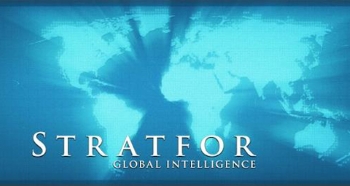NOVEMBER 25, 2016
Iranian Supreme Leader Ayatollah Ali Khamenei. If President-elect Donald Trump scraps the Iranian nuclear accord,
WASHINGTON — The global club of nuclear weapons states now stands at nine, but if President-elect Donald Trump rips up a nuclear deal with Iran or backpedals on alliance commitments in East Asia, the number might grow, experts say.
It may be foolhardy to predict what will happen after Inauguration Day on Jan. 20 since Trump has already changed course on several campaign pledges. But Trump has zigzagged in public statements on the prospect of East Asian allies potentially going nuclear and has suggested repeatedly that he’ll scrap the 2015 Iran deal that imposed curbs on Tehran’s nuclear program in exchange for easing sanctions. “If the outcome is that Iran says, ‘All gloves are off,’ that would set off an enormous cascade of events, particularly with Saudi Arabia,” said Hans M. Kristensen, the director of the Nuclear Information Project of the Federation of American Scientists. Saudi Arabia is the Islamic world’s rival power to Iran, and the two nations have clashed over opposing interpretations of Islam, relations with the West and how to handle flashpoints around the Middle East, such as Syria and Yemen.
If Iran does end up moving forward with its nuclear weapons program, I think Saudi Arabia is very likely to feel pressure and want to move forward. Scott D. Sagan, Stanford University
“If Iran does end up moving forward with its nuclear weapons program, I think Saudi Arabia is very likely to feel pressure and want to move forward,” said Scott D. Sagan, a senior fellow at the Center for International Security and Cooperation at Stanford University. Another regional power, Turkey, may also feel the nuclear itch. “In Turkey, there is a set of hard-liners that have muttered for a long time that maybe they should have their own nuclear weapons,” said Jeffrey Knopf, a nuclear proliferation expert at the Middlebury Institute of International Studies in Monterey, California.
 For most of China's deeply indebted companies, another prolonged slump in the country's housing sector could be catastrophic.
For most of China's deeply indebted companies, another prolonged slump in the country's housing sector could be catastrophic. 

